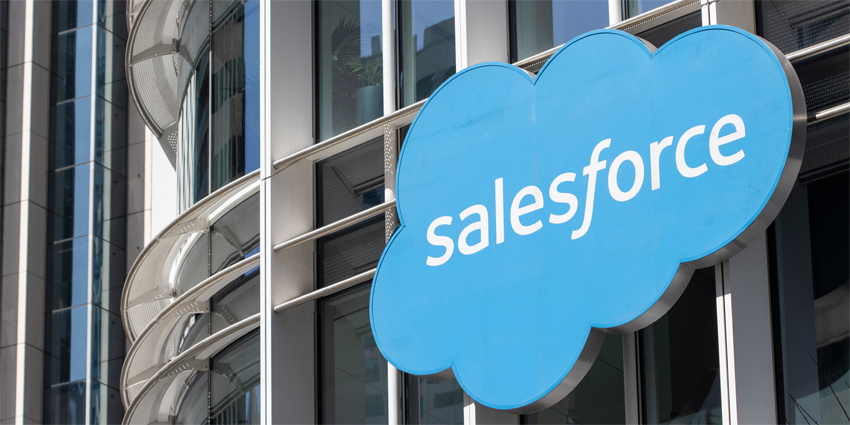Meta has spun out Kustomer on a $250MN valuation, which represents just a quarter of the $1BN it paid for the CRM vendor in February 2022.
New investors include Battery Ventures, Boldstart Ventures, and Redpoint Ventures.
Kustomer announced the move in a blog post, describing the deal as its “next chapter as an independent company.”
In the piece, Brad Birnbaum, CEO of Kustomer, stated:
Our journey with Meta has been amazing, and we are proud of the work we accomplished together to transform how businesses support their customers.
Birnbaum went on to pinpoint how Meta supported Kustomer in expanding its international offerings, strengthening its AI, and deepening its connections with various social channels.
Yet, in funding these activities, reports suggest Meta burned through $200MN – which did little to stop Kustomer’s valuation from dwindling.
Of course, plummeting market valuations is a CX tech provider trend that goes far beyond Kustomer and Meta now that the pandemic-fuelled investor optimism has come to a jarring halt.
Nevertheless, Meta has decided to cut its considerable losses, bringing its fleeting experiment to create an enterprise-ready customer service platform to a quick-fire conclusion.
A Deal That Missed the Mark
In recent years, Meta has prioritized the growth of its messaging channels, particularly WhatsApp.
As its recent moves in Brazil suggest, the social media pioneer aims to make the channel a place for consumers to find, communicate with, and buy from businesses.
Indeed, Meta hopes WhatsApp will become the home of many new customer journeys.
With Kustomer being a CRM platform, it could have stripped insights from these journeys, allowing companies to store, manage, and action more data.
As such, Meta might have had a significant differentiator in the CRM market.
Now, that vision may still materialize. Yet, seemingly not fast enough for Meta to see the value of clinging onto Kustomer – particularly during its much-publicized “period of efficiency.”
Meta’s “Period of Efficiency”
During an earnings call in February, Mark Zuckerburg, CEO of Meta, stated:
We’re working on flattening our org structure… As part of this, we’re going to be more proactive about cutting projects that aren’t performing or may no longer be as crucial.
Unfortunately, Kustomer seemingly fits into this bracket.
For some, this may come as a surprise. After all, a bounce in its fortunes seemed on the cards after such a high-profile acquisition – as is so often the case.
Nevertheless, the opposite occurred. Kustomer went from one of the fastest-growing cloud companies of 2020 – according to SaaS Magazine – to another money pit for Meta.
Why? The macro-environment will have played its part. However, Meta’s reputation for dubious data practices may have caught up with it.
As Rebecca Wettemann, Principal at Valior, recently told CX Today:
This is about trust. From the company that sold your data, marketed your data, and everything else. Are you going to trust them with your data? The answer is no.
Indeed, its reputation for managing personal data is hardly exemplary, which may have made many businesses uneasy.
Just yesterday, Politico reported: “Meta faces record privacy fine for data transfers to the US.”
Yet, the year-long regulatory approval process that proceeded the deal seemingly also took the wind from its sails.
In that time, Meta developed ties with numerous other CRM providers to maintain the momentum of its lucrative WhatsApp business model – most recently HubSpot.
However, whatever the cause, it was not meant to be for Kustomer, which will hope to revive its business fortunes as it steps out of Meta’s shadow.







